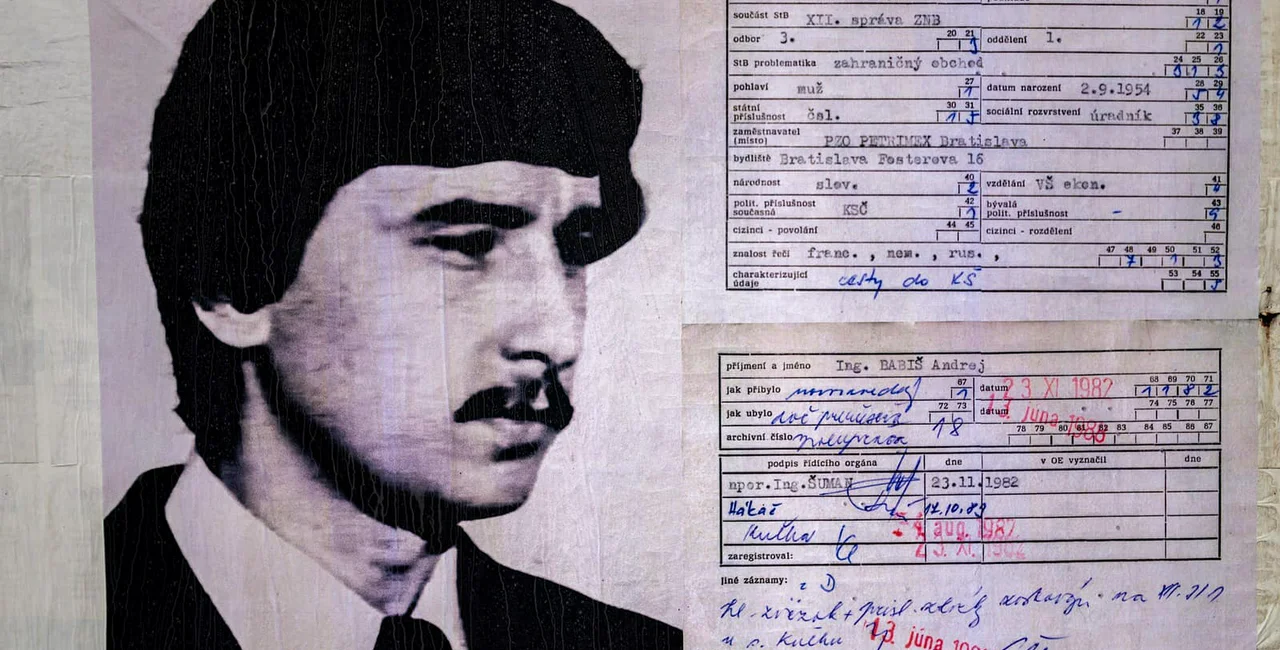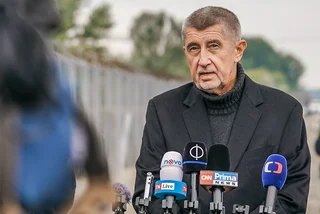Andrej Babiš, the former Prime Minister of the Czech Republic and current leader of the ANO party, is at the center of a controversy over his alleged collaboration with the Czechoslovak state security force, known as the StB (Státní bezpečnost) or secret police.
This issue resurfaced recently following a settlement reached between Babiš and the Slovak Ministry of the Interior, recognizing that he had been illegally registered as an agent but asserted that he had not knowingly cooperated with the StB.
Background of the controversy
The controversy dates back to Babiš’s alleged involvement with the StB, where he reportedly served as a secret collaborator under the code name “Bureš” from 1980. Over the years, he has consistently denied these allegations, arguing that his role was to protect economic interests while working in foreign trade.
Babiš has pursued various legal avenues to challenge his designation, winning some cases but ultimately facing setbacks at higher judicial levels, including the Slovak Constitutional Court and the European Court of Human Rights.
Recent developments
On Oct. 21, 2024, the Slovak Ministry of the Interior announced the settlement, acknowledging the legal complications surrounding Babiš’s status in StB records. Babiš’s lawyers proposed this reconciliation, asserting that the ministry recognized the high risk of losing in court, given past rulings in his favor.
The settlement requires Babiš to withdraw complaints related to his StB records in exchange for the ministry’s acknowledgment of his illegal registration.
Historians argue that there is substantial evidence proving Babiš’s cooperation with the StB, contrasting with the ministry’s recent claims, and say the reconciliation decision is considered highly unusual, given the previous judicial findings and the historical context of Babiš’s alleged involvement.
Implications and reactions
The settlement has drawn political scrutiny, with critics suggesting it is a tactical maneuver to appease Babiš ahead of Slovakia’s presidential elections. Prime Minister Petr Fiala has labeled the agreement a “political deal,” hinting at potential collusion between Babiš and certain government factions.
Babiš’s response to the controversy reflects his ongoing frustrations, insisting he is unfairly labeled as a collaborator. He maintains that his contributions to Czechoslovakia’s economic interests do not equate to support for the oppressive aspects of the StB.
The reconciliation between the Slovak Ministry of the Interior and Andrej Babiš (ANO) regarding his records as an agent of the communist State Security has drawn scrutiny from historians.
According to Czech historian and director of the XX Memory Museum, Petr Blažek, the State Security’s economic counter-intelligence unit employed many secret collaborators, an often overlooked topic. These collaborators, who were both privileged and vetted, focused on economic interests and monitored specific individuals’ political views.
“This does not mean that economic counterintelligence was separate from State Security,” Blažek told Czech Television.
Blažek also addressed Babiš's frustration with being labeled a secret collaborator. "I understand his indignation; he certainly does not see himself as someone who aided in framing opposition members. However, this reflects his unwillingness to acknowledge the workings of the communist regime and his own role within it," he stated.












 Reading time: 2 minutes
Reading time: 2 minutes 





 English
(Proficient)
English
(Proficient) German
(Proficient)
German
(Proficient)





















